Global Warming Threatens Cod Despite Fishing Quotas
Changes in the Gulf Stream current are raising sea temperatures off the New England coast and seriously depleting the cod so valuable to the fishing industry.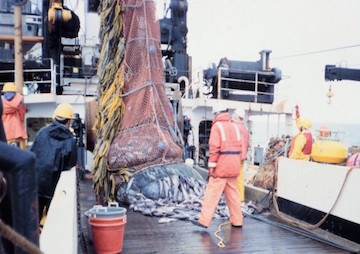
By Tim Radford / Climate News Network
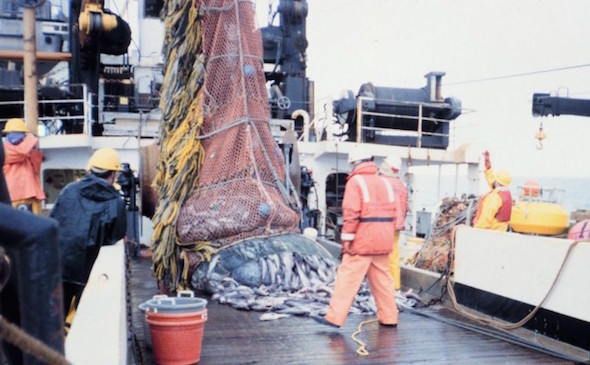
Setting limits on catches has failed to protect the declining cod population. (Allen M. Shimada, NMFS / NOAA via Wikimedia Commons)
This Creative Commons-licensed piece first appeared at Climate News Network.
LONDON — Atlantic cod stocks off New England in the US are on the verge of collapse. And this time the problem may not be the old one of over-exploitation. It could be global warming.
Scientists report that even though fisheries managers had imposed quotas and severe restrictions on cod catches in the region since 2010, cod stocks still hovered at around 3% to 4% of sustainable levels.
A ban or restriction on a fishery normally gives a catch time to recover. But this time another factor is at play for the cod, which is a cold water species.
Dr Andrew Pershing, chief scientific officer at the Gulf of Maine Research Institute, and colleagues report in Science journal that they looked at sea surface temperatures from 1982 to study warming trends.
They found that changes in the Gulf Stream — the current that takes warmth from the tropics to the North Atlantic — mean that the ocean off the Gulf of Maine is now warming 99% faster than the rest of the planet.
Less hospitable
“Managers kept reducing quotas, but the cod population kept declining,” Pershing says. “It turns out that warming waters were making the Gulf of Maine less hospitable for cod, and the management response was too slow to keep up with the changes.”
The study suggests that increasing sea temperatures mean that spawning females produce fewer offspring, and that fewer of these new recruits in turn make it to adulthood.
“The first step towards adapting fisheries
to a changing climate is recognising that warming impacts fish populations”
In theory, the finding should be no great surprise, as there has been a steady flow of evidence that fish are responding to changes in water temperatures.
Bluefin tuna are now being caught near Greenland, sardines are moving, and as the North Sea warms it may be simply too shallow for haddock, plaice and lemon sole.
But the fisheries managers who set quotas for the New England cod did not account for rising temperatures, so the quotas were too high. Fishermen observed the rules, but still took more cod than the population could sustain.
“This creates a frustrating situation that contributes to mistrust between fishermen, scientists and managers,” Dr Pershing says. “The first step towards adapting fisheries to a changing climate is recognising that warming impacts fish populations.”
Tim Radford, a founding editor of Climate News Network, worked for The Guardian for 32 years, for most of that time as science editor. He has been covering climate change since 1988.
Your support matters…Independent journalism is under threat and overshadowed by heavily funded mainstream media.
You can help level the playing field. Become a member.
Your tax-deductible contribution keeps us digging beneath the headlines to give you thought-provoking, investigative reporting and analysis that unearths what's really happening- without compromise.
Give today to support our courageous, independent journalists.
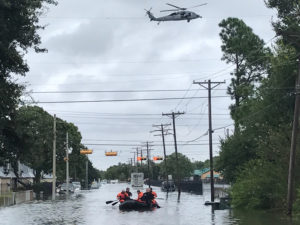
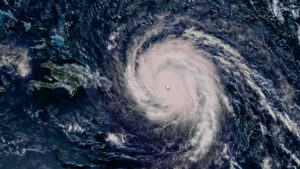
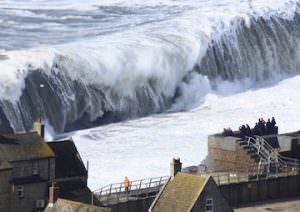
You need to be a supporter to comment.
There are currently no responses to this article.
Be the first to respond.